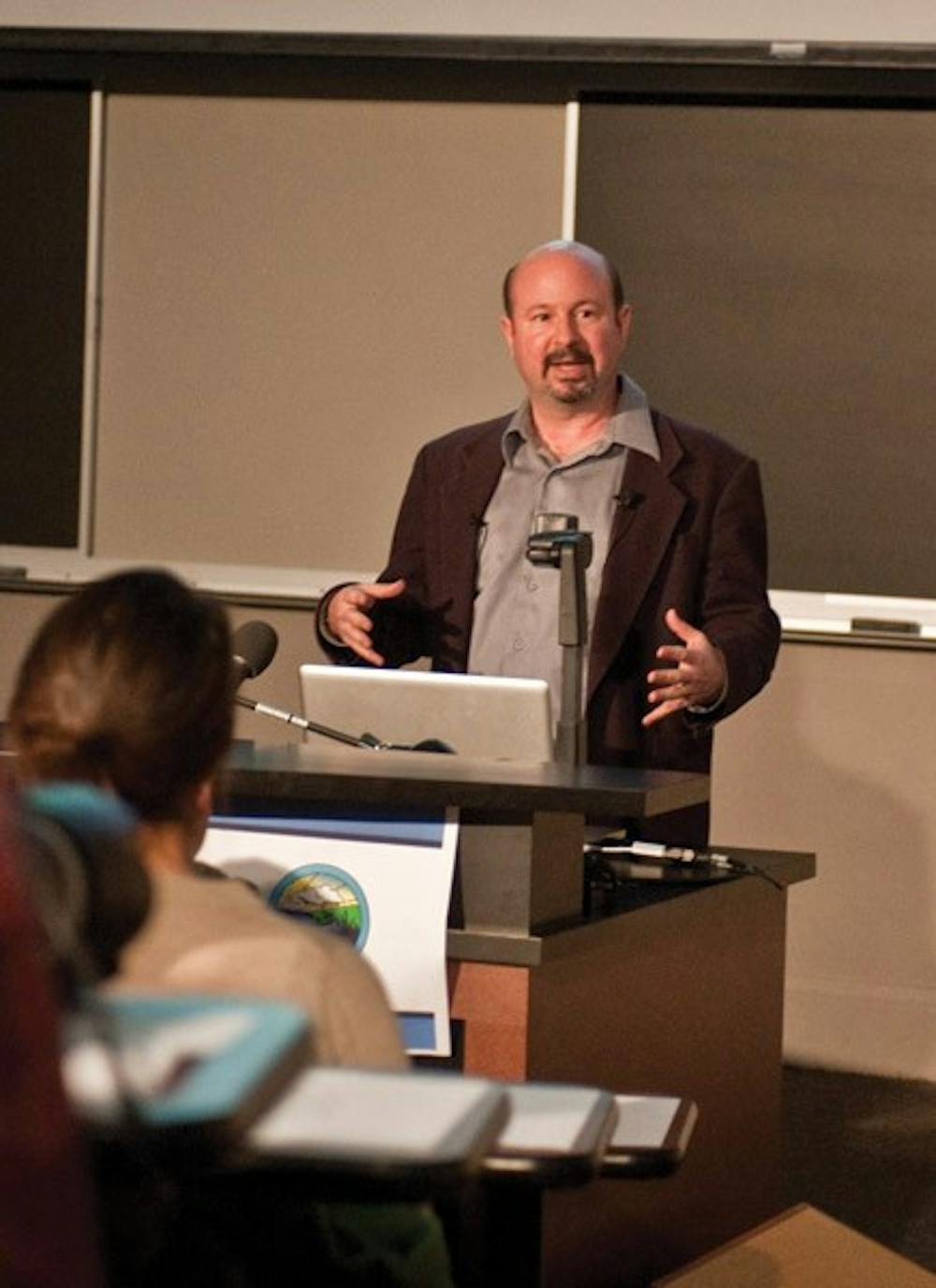Michael Mann, former University environmental science professor, will not have to give the American Tradition Institute access to his email correspondence and various other documents pertaining to his controversial climate change theory, the Prince William Circuit Court ruled this week.
Should the ruling stand, it could set a precedent that researchers in public institutions do not have to disclose to the public proprietary documents relating to their research.
The institute, a conservative think tank focusing on environmental issues and policies, argued that Mann’s emails should be released because the University receives public funds.
Mann’s global climate change research came under scrutiny in April 2010 when Attorney General Ken Cuccinelli, a University alumnus, requested to review the professor’s grant applications and emails, claiming Mann may have committed academic fraud.
In March 2012, the Virginia Supreme Court denied Cuccinelli access, saying the Civil Investigative Demand Cuccinelli had filed could not be used to request this documentation from the University, because it and other public institutions did not qualify as a “person.”
Media portrayals of the University defending Mann have frequently been framed as a struggle between transparency and attacks on science.
The institution made its first request to access Mann’s documents in January 2011 under the Virginia Freedom of Information Act, which requires public institutions to disclose previously unreleased information upon the formalized request of citizens or organizations. Monday, retired Arlington Circuit Court Judge Paul Sheridan ruled Mann’s correspondence was public, but could be exempted from release by a specific exclusion that absolves proprietary information collected by faculty members at public universities.
A statement the institute released following the ruling said it was “troubled by this implication, as should be all Virginia taxpayers and supporters of transparency in government, science and public policy.”
Mann, however, declared the ruling “a victory for science” in a statement he posted on Facebook. “The judge ruled that the exemption under Virginia’s public records protecting information in furtherance of research on scientific and scholarly issues applies to faculty communications in furtherance of their work,” he said.
Mann also claimed the institute could be supported by wealthy industrial backers, who would see their industries suffer should climate change be widely recognized. His new book, “The Hockey Stick and the Climate Wars,” addresses lawsuits and other attacks on environmental research.
“Fossil fuel industry front groups like the one (“ATI”) behind this latest lawsuit, seek to intimidate and harass climate scientists whose findings are inconvenient to well-heeled vested interests whose bidding these groups are doing,” Mann said in an email Tuesday.
The ruling will likely not be the end to the debate, said University spokesperson Carol Wood.
“We know that it’s possible that an appeal will be filed in this case, but we are pleased that the University’s position has been validated and our position protecting important scholarly and scientific records confirmed,” she said. “If an appeal is filed, our position will be again vigorously defended by the University’s Office of General Counsel.”







